10 Effective Tactics to Boost Email Marketing Engagement


Introduction: The Power of Engaging Email Campaigns
In today's digital landscape, email marketing remains a powerful tool for businesses to connect with their audience, nurture leads, and drive conversions. However, the key to successful email marketing lies in crafting campaigns that captivate and engage your subscribers. With the increasing volume of emails flooding people's inboxes, it's essential to find innovative ways to stand out, capture attention, and foster meaningful interactions.
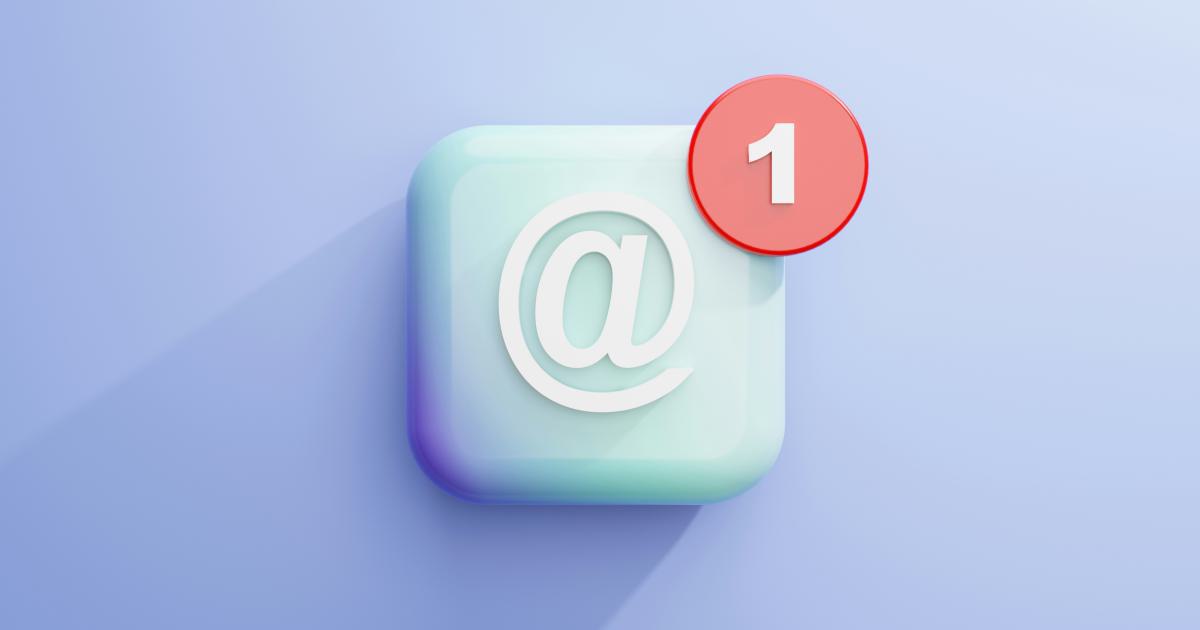
This comprehensive guide will explore 10 effective tactics to boost email marketing engagement and help you maximize the impact of your email campaigns. From personalization and interactive content to automation and list segmentation, we'll dive into strategies that will elevate your email marketing efforts and drive better results.
1. Personalize Your Emails
Personalization is a fundamental tactic for boosting email engagement. By tailoring your content, subject lines, and messaging to individual subscribers, you can create a more personalized and relevant experience that resonates with your audience.
Leverage Subscriber Data
Gather and utilize the data you have on your subscribers, such as their name, location, purchase history, or browsing behavior. Incorporate this information into your email campaigns to make your messages feel more personalized and tailored to the recipient's needs and interests.

Segment Your Email List
Segmenting your email list allows you to create more targeted and relevant campaigns. Divide your subscribers into smaller, more specific groups based on factors like demographics, interests, or behavior. This enables you to craft messages that are better aligned with the unique needs and preferences of each segment.
Personalize the Subject Line and Preview Text
The subject line and preview text are the first things subscribers see in their inbox. Personalize these elements to increase open rates and capture attention. Use the subscriber's name, reference their location, or mention their specific interests to make the email feel more relevant and engaging.
2. Incorporate Interactive Content
Interactive content in emails can significantly boost engagement by encouraging subscribers to actively participate and engage with your messages. From polls and quizzes to animated GIFs and video, there are various ways to incorporate interactive elements that keep your audience engaged.
Utilize Polls and Surveys
Polls and surveys are excellent interactive features that allow you to gather valuable feedback from your subscribers while keeping them engaged. Ask for their opinions on products, services, or even the content of your emails to show that you value their input.
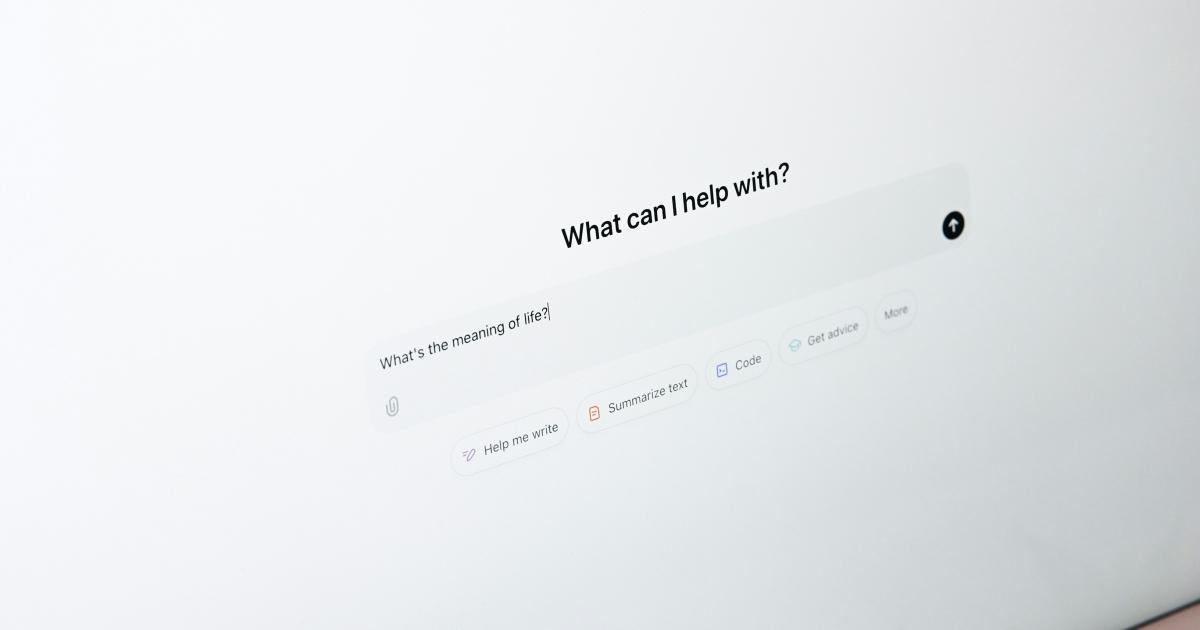
Incorporate Engaging Visuals
Dynamic visuals, such as animated GIFs or interactive infographics, can create a more captivating and memorable email experience. These elements can be used to highlight key information, showcase products, or simply add a touch of fun and personality to your messages.
Embed Videos
Embedding video content directly within your emails can be a powerful way to grab attention and increase engagement. Videos can be used to provide product demonstrations, share behind-the-scenes content, or deliver personalized messages from your team.
3. Optimize for Mobile Responsiveness
With the majority of email opens occurring on mobile devices, it's crucial to ensure your email campaigns are optimized for a seamless mobile experience. A responsive design that adapts to different screen sizes and devices can significantly improve the user experience and boost engagement.
Utilize Responsive Design
Adopt a responsive email design that automatically adjusts the layout, font size, and image scaling to provide an optimal viewing experience on any device. This not only enhances readability but also encourages subscribers to engage with your content, regardless of the device they're using.
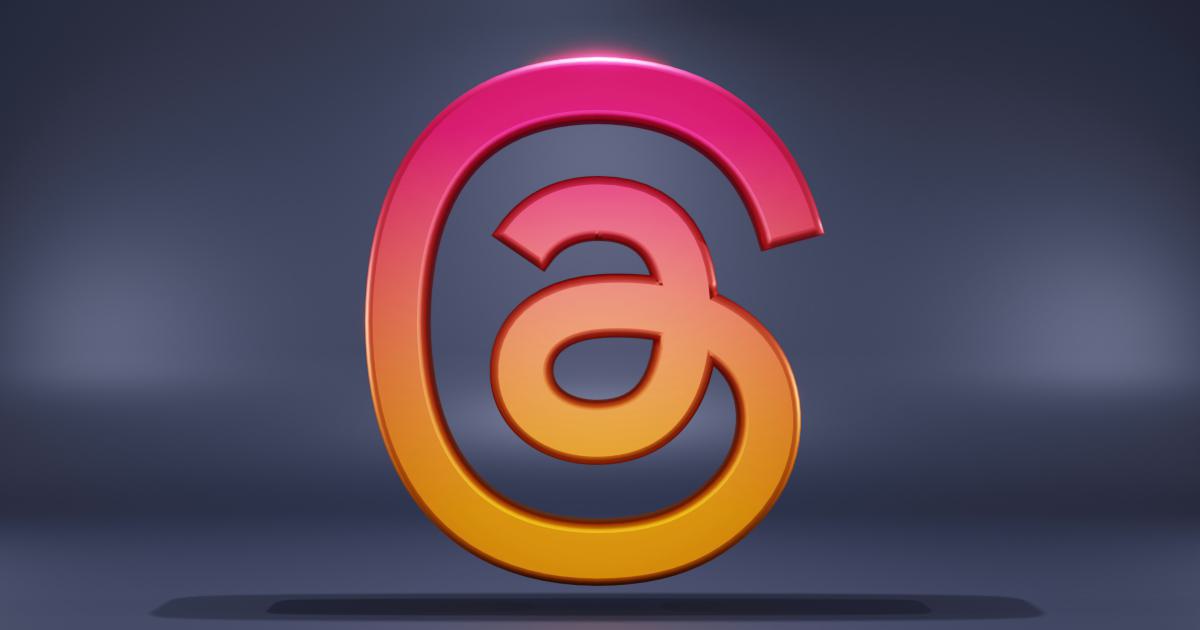
Optimize for Thumb-Friendly Interactions
When designing for mobile, consider how subscribers will interact with your emails using their thumbs. Ensure that call-to-action buttons, links, and other interactive elements are large enough and properly spaced to be easily tapped on a smaller screen.
Test and Iterate
Regularly test your email campaigns on various mobile devices and email clients to identify and address any rendering issues or user experience challenges. Continuously refine your mobile optimization strategies to provide the best possible experience for your subscribers.
4. Leverage Automation and Triggered Campaigns
Automation and triggered campaigns can greatly enhance the relevance and timeliness of your email communications, leading to higher engagement and better results.
Implement Welcome Sequences
Welcome sequences are automated email campaigns that are triggered when a new subscriber joins your list. These series of messages can introduce your brand, highlight your best content, and encourage subscribers to engage with your business.

Create Abandoned Cart Reminders
Abandoned cart reminders are triggered when a subscriber adds items to their shopping cart but doesn't complete the purchase. These timely reminders can help recover lost sales and re-engage potential customers.
Set Up Behavior-Based Triggers
Analyze your subscribers' behaviors, such as content interactions, purchase history, or website activity, and set up automated campaigns that are triggered by specific actions. This allows you to deliver highly relevant and personalized emails that cater to the individual needs and interests of your audience.
5. Segment Your Email List
Effective list segmentation is a crucial tactic for boosting email engagement. By dividing your subscribers into smaller, more targeted groups, you can create highly relevant and personalized content that resonates with each audience.
Segment by Subscriber Interests
Identify your subscribers' interests based on the content they've engaged with, the links they've clicked, or the products they've viewed or purchased. Use this information to create segments that allow you to send tailored messaging and offers that align with their specific interests.

Segment by Subscriber Behavior
Analyze your subscribers' behavior, such as engagement levels, purchase history, or website activity, and create segments accordingly. This can help you identify and target your most engaged and valuable customers, as well as re-engage inactive subscribers with personalized win-back campaigns.
Segment by Subscriber Demographics
Demographic factors, such as age, gender, location, or job title, can also be used to segment your email list. This allows you to tailor your messaging to the unique needs and preferences of different audience groups, enhancing the relevance and effectiveness of your campaigns.
6. Optimize Your Subject Lines
The subject line is the gatekeeper to your email content - it's the first thing subscribers see, and it can make or break your open rates. Crafting compelling and optimized subject lines is essential for boosting email engagement.
Keep It Concise and Compelling
Aim for subject lines that are clear, concise, and attention-grabbing. Avoid lengthy, vague, or overly promotional subject lines, as they are less likely to capture the reader's interest. Instead, focus on conveying the key benefit or value proposition in a few impactful words.

Personalize and Customize
Personalize your subject lines by incorporating the subscriber's name, location, or other relevant information. This can help your emails stand out in a crowded inbox and make the recipient feel more connected to your brand.
Test and Optimize
Continuously test different subject line variations to see what resonates best with your audience. Track open rates and other engagement metrics to identify the most effective subject line approaches and refine your strategy over time.
7. Enhance Your Email Design
The visual design of your emails can have a significant impact on their overall engagement. Crafting a clean, visually appealing, and on-brand email layout can help capture your subscribers' attention and encourage them to interact with your content.
Maintain Consistent Branding
Ensure that your email design aligns with your overall brand identity, including consistent use of colors, fonts, and imagery. This helps reinforce your brand recognition and creates a cohesive experience for your subscribers.
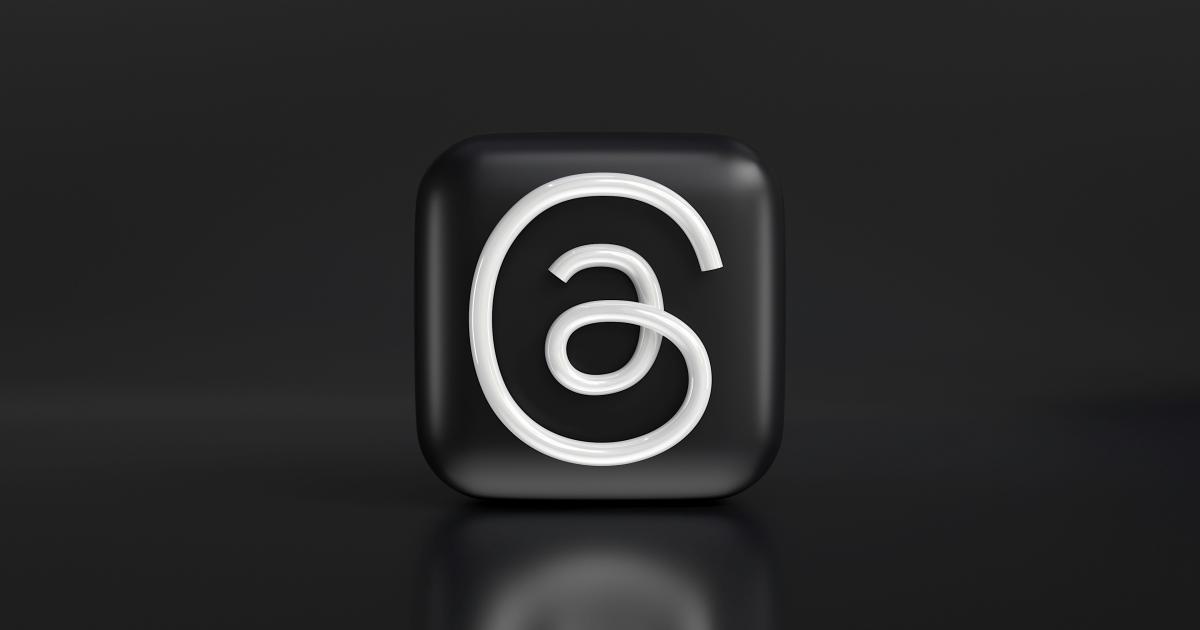
Utilize Scannable Formatting
Structure your emails in a way that makes the content easy to scan and digest. Use clear headings, short paragraphs, bullet points, and strategic use of white space to guide the reader's eye and highlight the most important information.
Incorporate Visually Engaging Elements
Leverage high-quality images, infographics, or other visual elements to break up the text and add visual interest to your emails. These elements can help convey your message more effectively and make your content more memorable for the recipient.
8. Provide Valuable and Relevant Content
The key to driving email engagement is to consistently deliver value to your subscribers. By providing content that is genuinely useful, informative, or entertaining, you can foster a stronger connection with your audience and encourage them to engage with your brand.
Identify Your Subscribers' Needs
Understand the pain points, challenges, and interests of your target audience. Conduct market research, survey your subscribers, and analyze their behavior to determine the type of content that would be most valuable to them.
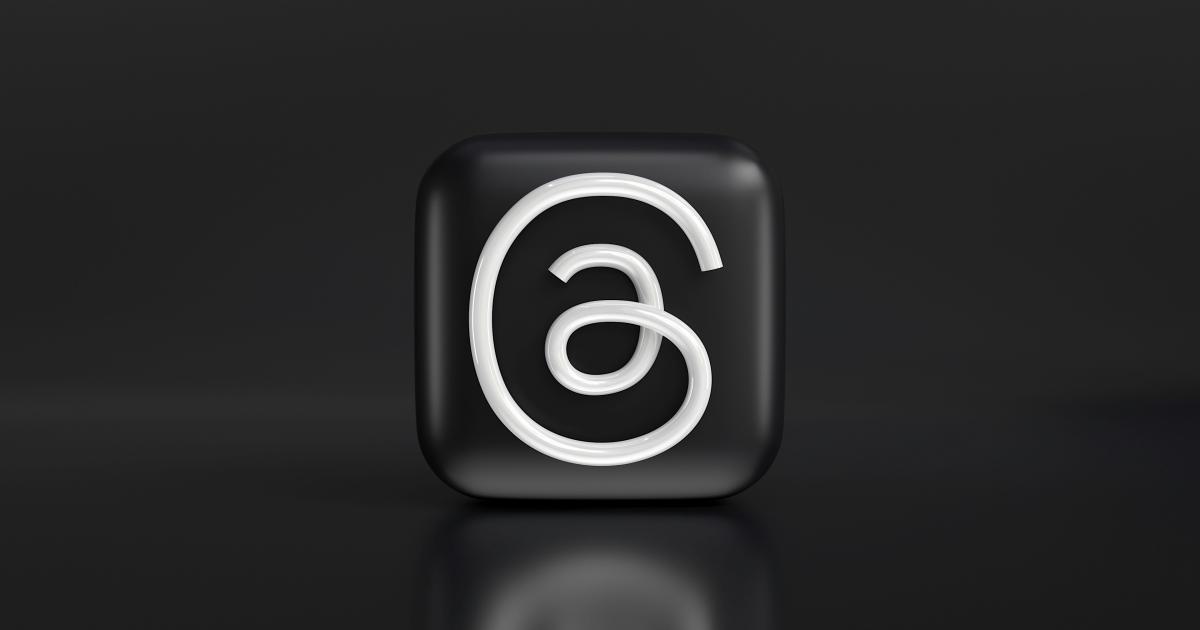
Offer Educational and Informative Resources
Share your expertise by providing educational content, such as how-to guides, industry insights, or thought-leadership pieces. This positions your brand as a trusted authority and demonstrates your commitment to helping your subscribers succeed.
Surprise and Delight Your Audience
Incorporate unexpected and delightful content, such as exclusive offers, behind-the-scenes glimpses, or entertaining stories, to keep your subscribers engaged and eager to open your emails.
9. Optimize Your Calls-to-Action
Crafting compelling calls-to-action (CTAs) is essential for driving desired actions and boosting email engagement. Whether you're encouraging subscribers to make a purchase, download a resource, or sign up for an event, your CTAs should be clear, actionable, and visually compelling.
Use Action-Oriented Language
Craft your CTAs using action-oriented language that clearly communicates the desired action. Words like "Shop Now," "Download," or "Register" can create a sense of urgency and encourage immediate engagement.
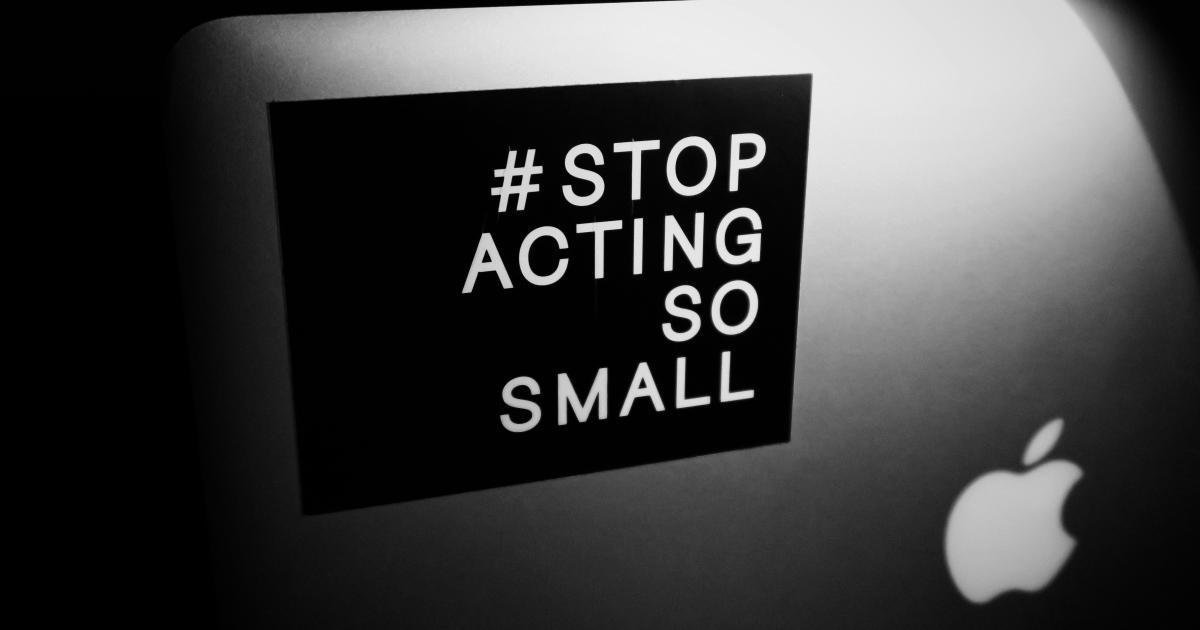
Make Them Visually Prominent
Ensure your CTAs are visually prominent within the email layout, using contrasting colors, larger font sizes, or eye-catching buttons to make them stand out and draw the reader's attention.
Test and Optimize
Experiment with different CTA placements, wording, and designs to determine what resonates best with your audience. Continuously track and analyze the performance of your CTAs to refine your approach and maximize their effectiveness.
10. Leverage Email Validation and List Hygiene
Maintaining a clean and engaged email list is crucial for boosting the overall effectiveness of your email marketing campaigns. Regularly validating your list and removing inactive or invalid subscribers can help improve deliverability, open rates, and engagement.
Implement Email Validation
Utilize email validation services to identify and remove invalid, inactive, or potentially harmful email addresses from your list. This helps maintain list hygiene and ensures your messages are only being delivered to engaged, valid subscribers.

Regularly Prune Your List
Regularly review your email list and identify subscribers who have not engaged with your emails in a significant amount of time. Consider reaching out to these inactive subscribers with a re-engagement campaign or removing them from your list to maintain a healthy, engaged audience.
Offer Easy Opt-Out Options
Make it easy for subscribers to unsubscribe from your email list if they no longer wish to receive your messages. Providing a clear and prominent unsubscribe link in your emails can help maintain trust and respect your audience's preferences.